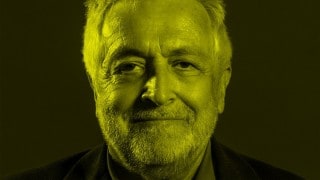by Daniel Schwammenthal
Wall Street Journal Europe
THE HAGUE—When Geert Wilders rose from his desk, his head almost touched the narrow ceiling. The tiny corner office underneath the parliament’s roof wasn’t selected for space but security. Possible assassins can only come from one direction, making life easier for the two bodyguards outside.
Mr. Wilders has been living under 24-hour police protection ever since the assassination of Dutch filmmaker Theo van Gogh two years ago. The Dutch-Moroccan who stabbed and shot van Gogh in Amsterdam left death threats behind against him and the Netherlands’ other, more famous critic of Islam: Ayaan Hirsi Ali. Like the Somali-born politician, Mr. Wilders has had to take refuge in army barracks, safe houses, even a prison cell.
The lawmaker’s life is in danger because of his criticism of radical, or, as he calls it, “mainstream” Islam. In Mr. Wilders’s view, Islam hasn’t been “hijacked” by radicals. Rather, radicalism is embedded in the faith. “It’s a violent religion, an intolerant religion,” he said matter-of-factly in an interview.
This Wednesday, the Dutch go to the polls and Mr. Wilders’s Party for Freedom is expected to pick up about six seats in the 150-seat parliament. His provocative thesis and calls for a five-year moratorium on non-Western immigration make it easy for his political opponents to dismiss him as a racist. But he will have none of that. “I make a distinction between the religion and the people. I believe in the people, I believe that Muslims can integrate in society. But I don’t believe in a European, moderate Islam to come in the next 10,000 years.”
Thus accused of violent tendencies, radical Muslims are calling for his head. “Videos on Islamic Web sites show my picture and name to the sound of what appears to be knives cutting through flesh while a voiceover says I will be beheaded,” Mr. Wilders said calmly. “You never get used to it but you learn to live with it.” Harder to accept is that his wife is suffering as well. “Everything I do, even if people strongly disagree with me, I do within the boundaries of democracy. And even though I know that I’m not responsible [for this situation], I know it’s the result of the things I say, the things I do. It’s not, though, the result of what my wife does. She often even doesn’t agree and still she is in the same situation. I find it difficult to bear that everything is happening to her as well.”
Is there outrage in the Netherlands about his situation? He first avoids a direct answer. “This is now, today, my problem but in a larger sense it is also a problem for democracy, the rule of law,” he said. When pressed on the point, his response paints a troubling picture. “Real outrage? No. There was more outrage when a major paper once wrote how much the security for Ayaan and me costs,” he said. “There were times when Ayaan and I said to one another and sometimes to the public, ‘In what country do we live that things that are clearly not normal are almost being seen as normal or more or less ignored in public discussion and public life?’”
You don’t have to share Mr. Wilders’s views to realize that the threats against his life also threaten Dutch democracy. And yet the Dutch seem indifferent to his plight. Wednesday’s elections in the Netherlands will choose the first new parliament since van Gogh’s murder and the start of Mr. Wilders’s ordeal. You’d expect these events to feature high on the national agenda. But the most remarkable aspect about the major parties’ campaign is the absence of any serious discussion of terrorism, Muslim integration, or the Dutch troops in Afghanistan. It’s mostly about tax breaks, pensions and health care. Quite rightly, the economy is always on voters’ minds—but to the near-exclusion of national security? According to a survey from this summer, terrorism is only the fifth-most-important issue for the Dutch. The country’s antiterror coordinator recently warned of the continuing radicalization of young Dutch Muslims. Just two weeks ago, six people were arrested on terrorism charges.
Any sense of urgency the Dutch may have had after van Gogh’s murder is lost. Back then, Deputy Prime Minister Gerrit Zalm declared “war” on radical Islam. Van Gogh’s murder was even referred to as “our Sept. 11.” Visitors to the Dutch “Ground Zero” will search in vain, though, for even a simple sign indicating the spot of van Gogh’s near-decapitation. The second anniversary of his murder a couple of weeks ago passed without any official ceremony. Antiterrorism and immigration laws may have been tightened, but the latter measures in particular often lack the necessary finesse to address the country’s real threats.
Understandably, the Dutch long for the days when their small country only consumed international news without making any. The rest of the Continent is not much different. Each terror attack or death threat briefly fills the airwaves before Europeans again pretend everything is normal. Meanwhile, the list of dissidents like Mr. Wilders is growing. Recent additions include Robert Redeker, a French philosophy teacher, in hiding since his September op-ed criticizing Islam, and Ekin Deligoez, a German member of parliament of Turkish descent. She has been put under police protection last month after receiving death threats for suggesting that Muslim women abandon the veil.
Europeans can keep pretending all this is normal. But only until the day they find their names on that dissident list as well.









